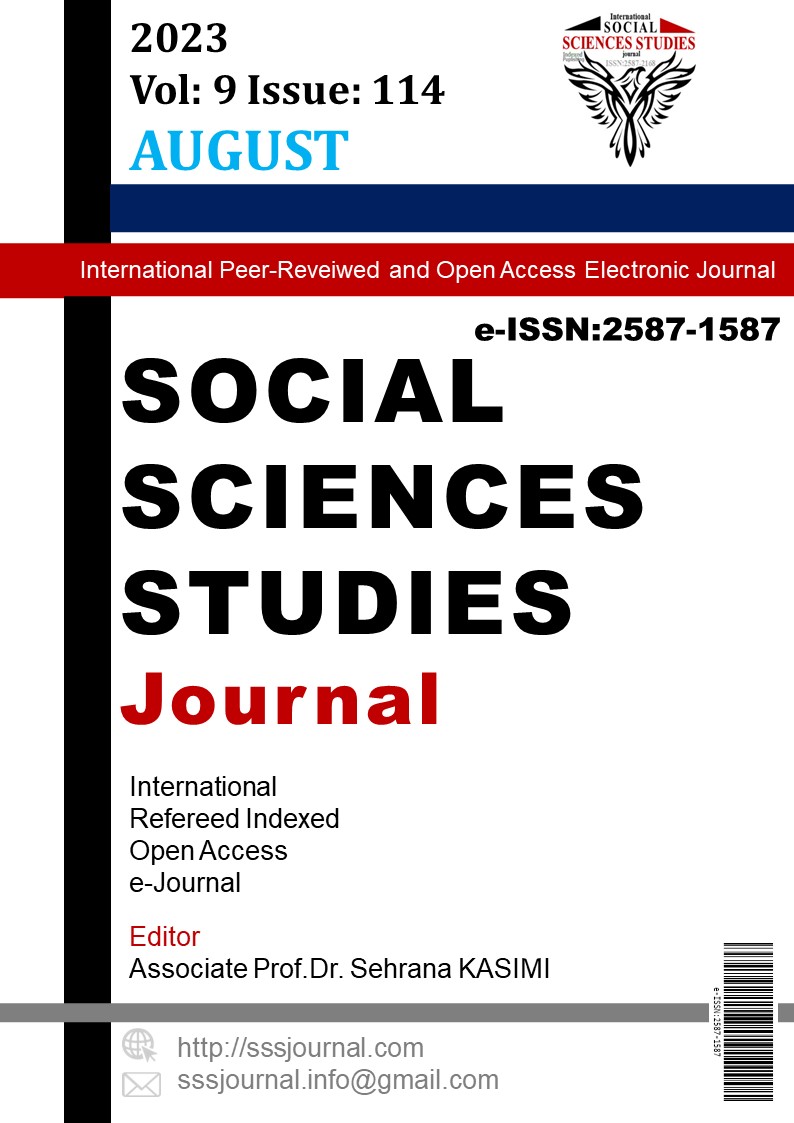Author :
Abstract
Güvenlik, kelimenin tam anlamıyla tehlike ve tehditlerin yokluğu olarak tanımlanmaktadır. Bu kavram toplum ve devlete uygulandığında, iç ve dış koşulların barışçıl olarak gelişimini sağlamaktadır. Bugünkü ve gelecekteki güvenlik koşulları gitgide hibrit yöntemlerin yer aldığı bir yapıya bürünmektedir. Hibrit faaliyetler ve stratejiler, geleneksel ile geleneksel olmayan metotların haricinde propaganda, siber saldırılar, düzenli silahlı kuvvetler ile düzensiz grupların kullanımı, ekonomik baskı, casusluk, kişisel zorlama ve sabotaj gibi açık ve gizli yöntemleri bir araya getirmektedir. Bu tarz eylemlerin öncelikli hedefi savaş, barış ve kriz arasındaki sınırları bulanıklaştırarak şüphe yaratmak ve bölünmeleri tetiklemektir. Hibrit nitelikteki eylemlerin boyutu, kapsamı ve yoğunluğu yakın zamanda önemli ölçüde artmıştır. Hibrit tehditlere yönelik mukavemet oluşturma ve saldırılara müdahalede bulunma yükümlülüğü öncelikle devletlere aittir. Diğer taraftan, bu tür etkenlerin oluşturdukları tehdit çeşitliliği ile tek başına mücadele etmek mümkün değildir. Hibrit faaliyetin sınır ötesi niteliği, potansiyel olarak etkilenen alanlar düşünüldüğünde, her alanda daha fazla işbirliği gerektirmektedir. Gerek hükümet gerekse hükümet dışı unsurlar aracılığıyla gerçekleştirilen hibrit eylemleri engellemek, bunlara karşı mücadele etmek, tepki göstermek ve hazırlıklı olmak AB ve NATO için en önemli önceliktir. Bu çalışmanın ana gayesi, hibrit savaş ve hibrit tehdit kavramları çerçevesinde AB ve NATO arasındaki iş birliğini açıklamaktır. Çalışmada, “NATO ve AB bu yeni nesil savaşa karşı, silahlı çatışma tanımını yeniden tanımlayan yeni bir yasal çerçevenin ana hatlarını belirlemek için birlikte çalışmak zorunda kalacaklardır” hipotezi sınanmıştır.
Keywords
Abstract
Security is literally defined as the absence of danger and threats. When applied to society and the state, this concept ensures the peaceful development of internal and external conditions. Current and future security conditions are increasingly characterized by hybrid methods. Hybrid activities and strategies combine traditional and non-traditional methods, as well as overt and covert methods such as propaganda, cyber-attacks, the use of regular armed forces and irregular groups, economic pressure, espionage, personal coercion and sabotage. The primary goal of such actions is to blur the boundaries between war, peace and crisis, creating suspicion and triggering divisions. The scale, scope and intensity of actions of a hybrid nature have recently increased significantly. States are primarily responsible for preparing for and responding to hybrid attacks. On the other hand, it is not possible to combat the diversity of threats posed by such factors alone. Given the cross-border nature of hybrid activity and the areas potentially affected, greater cooperation is required across the board. Preventing, countering, reacting and preparing for hybrid actions, whether by governmental or non-governmental actors, is a top priority for the EU and NATO. The main objective of this study is to explain the cooperation between the EU and NATO within the framework of hybrid warfare and hybrid threat concepts. The hypothesis that “NATO and the EU will have to work together to outline a new legal framework that redefines the definition of armed conflict against this new generation of warfare” is tested.





